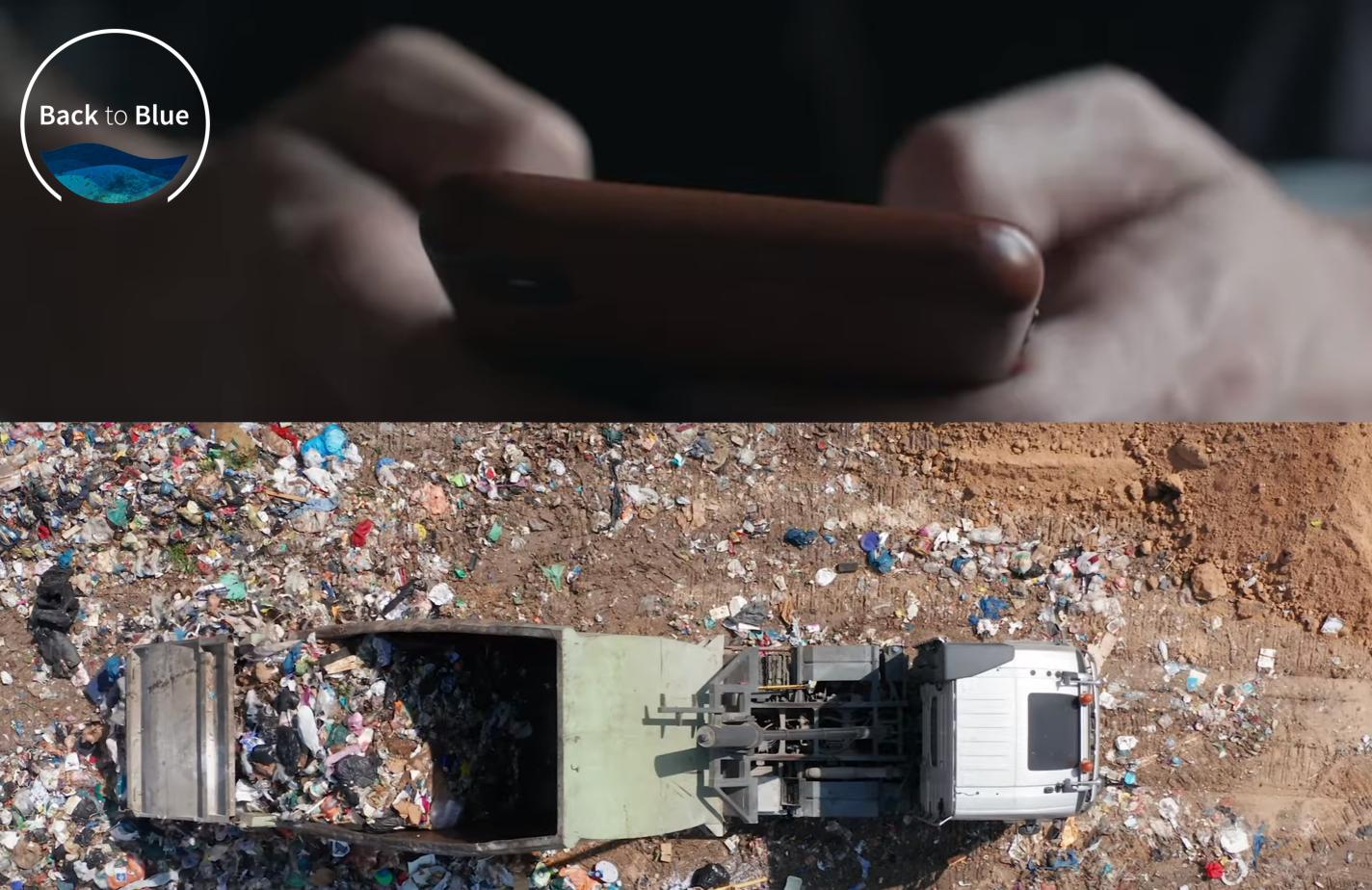EMODnet Chemistry bring expertise to national discussions on building federated, interoperable databases

In the framework of Back To Blue , the Economist Group and the Nippon Foundation, the initiative co-founders, invited EMODnet Chemistry to share their experience at the invitation-only workshop “Building a federated architecture of interoperable databases”. The online event that was chaired by Charles Goddard of the Economist Group and Louis Demargne of the Intergovernmental Oceanographic Commission of UNESCO, took place on 5 September.
Back To Blue combines the reputation of The Economist Group , the global media and information services company, for objective and independent analysis with the Nippon Foundation’s global reputation for supporting marine science, data and facts. The initiative aims to achieve a pollution-free ocean through 3 key steps: 1. setting a roadmap to close the marine pollution data gap; 2. building an evidence base on the impacts of marine pollution by a global group of stakeholders; 3. forcing policymakers and the private sector to curb marine pollution based on evidence.
Back to Blue convened a series of virtual stakeholder workshops in 2023 to begin developing the draft roadmap.
The workshop, which included a representative from EMODnet Chemistry, aimed first to clarify how best to integrate existing ocean monitoring and pollution data into a global system that leverages existing federated data architectures. Secondly, the workshop aimed to identify the key success factors to ensure that the system is fair, inclusive and well-governed.
Participants shared their experiences and discussed how datasets are currently made accessible and interoperable, whether different governance structures are needed, and who should be responsible for creating and operating a global framework for marine pollution data. Finally, speakers proposed concrete solutions and recommendations to be included in the draft Roadmap.
Merging heterogeneous data from different sources requires accurate collection of detailed metadata and information on sampling, analysis, quality assurance and quality control protocols. This is particularly necessary for the management of marine pollutant data. Data quality is a critical issue and EMODnet Chemistry has made great efforts to collect and make this information accessible to support the FAIRness of the data.
Want to learn more about EMODnet Chemistry’s support for the Back to Blue initiative? Read this EMODnet News about the Zero-pollution discussion paper.
